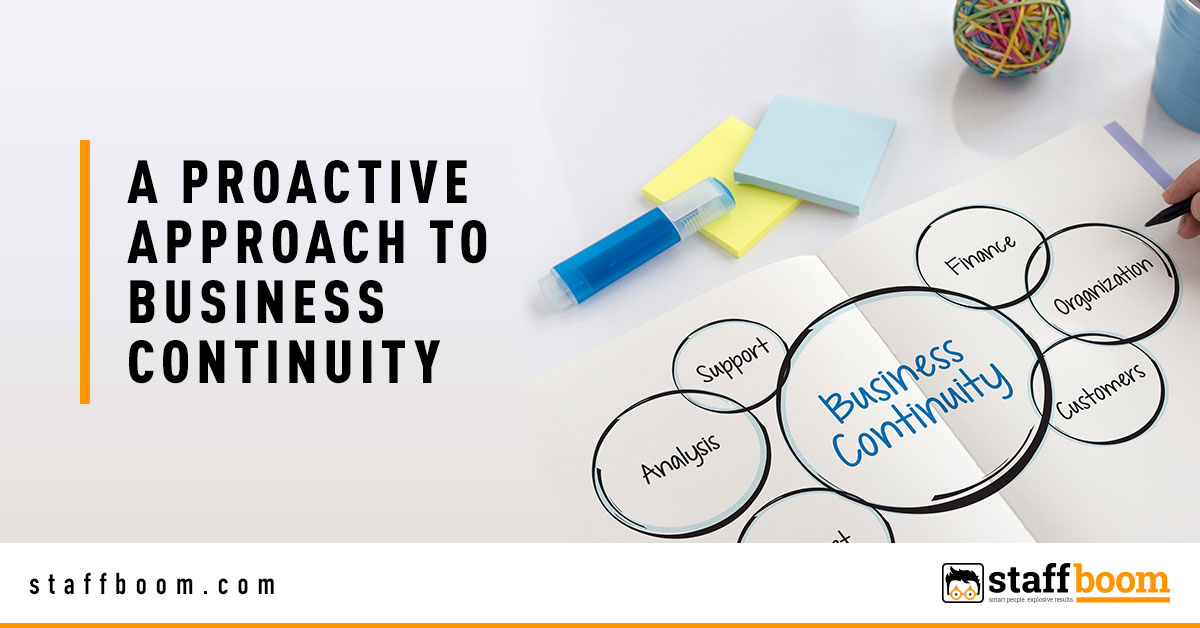
Embracing a Proactive Mindset in Business
In the dynamic landscape of modern business, adopting proactive approaches is indispensable for sustainable success. This article explores the significance of proactive business strategies, shedding light on how organizations can navigate challenges and seize opportunities by cultivating a proactive mindset.
Strategic Planning for Future Resilience
Proactive business approaches begin with strategic planning that goes beyond immediate goals. Organizations need to envision the future landscape, identifying potential shifts in the market, technological advancements, and evolving customer preferences. By strategically planning for future resilience, businesses can position themselves to thrive amidst uncertainty.
Anticipating and Mitigating Risks
A key aspect of proactive business approaches involves anticipating and mitigating risks before they escalate. Rather than reacting to crises as they occur, organizations should conduct comprehensive risk assessments, identify potential threats, and implement preventive measures. This proactive stance enhances organizational resilience and minimizes the impact of unforeseen challenges.
Innovation as a Driver of Proactivity
Innovation lies at the heart of proactive business approaches. Organizations that prioritize innovation continually seek new ways to improve products, services, and processes. This proactive pursuit of innovation not only keeps businesses ahead of the competition but also positions them as industry leaders capable of adapting to changing market demands.
Customer-Centric Proactivity
Understanding and meeting customer needs proactively is crucial for sustained success. Proactive businesses actively seek feedback, analyze market trends, and anticipate customer preferences. By aligning products and services with evolving customer expectations, organizations can foster customer loyalty and maintain a competitive edge.
Flexibility and Adaptability in Operations
Proactive business approaches require a commitment to flexibility and adaptability in operations. Organizations should cultivate a culture that embraces change, encourages experimentation, and swiftly adapts to shifting circumstances. This flexibility allows businesses to proactively respond to market dynamics and capitalize on emerging opportunities.
Continuous Learning and Skill Development
Staying ahead in the business landscape necessitates a commitment to continuous learning and skill development. Proactive organizations invest in the professional growth of their teams, ensuring that employees acquire the skills and knowledge needed to navigate evolving industry trends. This commitment to learning enhances organizational agility and effectiveness.
Proactive Communication and Stakeholder Engagement
Effective communication is a cornerstone of proactive business approaches. Organizations should proactively engage with stakeholders, including customers, employees, and partners. Transparent communication builds trust, fosters collaboration, and allows businesses to address concerns before they escalate. Proactive engagement ensures that stakeholders are informed and involved in the decision-making process.
Environmental and Social Responsibility
Proactive businesses recognize the importance of environmental and social responsibility. Adopting sustainable practices, reducing environmental impact, and contributing positively to communities are proactive initiatives that resonate with modern consumers. Organizations that prioritize corporate social responsibility not only fulfill ethical obligations but also enhance their brand reputation.
Proactive Business Approaches: A Roadmap to Success
Explore Proactive Business Approaches for a comprehensive roadmap to success in the dynamic business environment. This platform provides valuable resources, case studies, and insights to guide organizations in cultivating a proactive mindset, navigating challenges, and seizing opportunities.
In conclusion, proactive business approaches are essential for organizations seeking to thrive in an ever-evolving business landscape. By strategically planning for the future, anticipating risks, fostering innovation, and prioritizing customer-centricity, businesses can position themselves for sustained success and resilience in the face of uncertainty.










